Apple's fleet of self-driving vehicles roaming the streets of California for testing now includes 69 vehicles and 92 drivers, according to information from the California Department of Motor Vehicles obtained by macReports.
![]()
This means that Apple has added one self-driving car and 16 drivers since May this year. Apple has been expanding its autonomous vehicle test since it was granted a permit from the California DMV in April 2017, enabling it to test its self-driving technology on public roads in the state. Beginning in early 2018, multiple sources reported on the number of vehicles in Apple's fleet, which steadily expanded throughout that year.
Each of Apple's testing vehicles is equipped with the company's in-development autonomous driving software, along with advanced LiDAR equipment and an array of cameras to detect the vehicle's surroundings. The actual cars are Lexus RX450h sports utility vehicles and must have safety drivers inside of them, since, unlike rival companies that are self-driving technology, Apple's permit still does not include driverless testing.
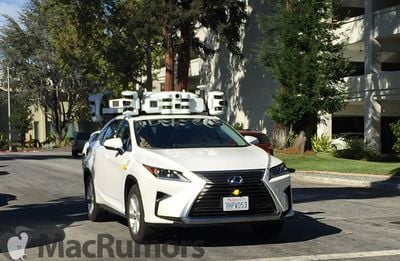
Apple's fleet of self-driving vehicles are reportedly gathering data for the company's long-rumored autonomous vehicle software. In June of 2017 Apple CEO Tim Cook confirmed Apple's work on autonomous software: "We're focusing on autonomous systems. It's a core technology that we view as very important. We sort of see it as the mother of all AI projects... it's probably one of the most difficult AI projects to actually work on."
Earlier this year, it was revealed that Apple had more than doubled its self-driving mileage in 2020, reaching a total of 18,805 miles, up from the 7,544 miles the previous year. There were a total of 130 disengagements in 2020, up from 64 in 2019, but Apple's cars experienced a disengagement every 144.6 miles, which is a better metric than the previous year where there was a disengagement every 117.8 miles, indicating an improvement in the technology.


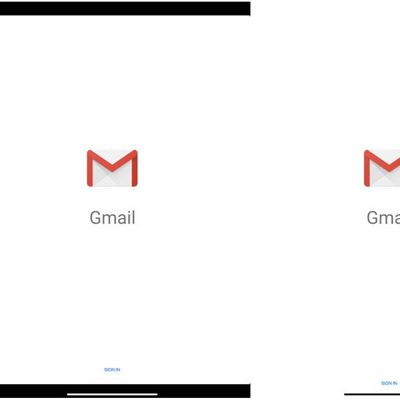
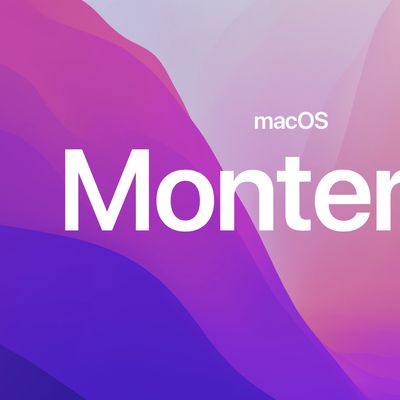
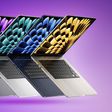
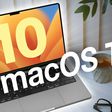
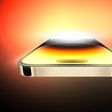
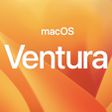
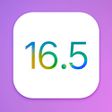


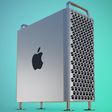

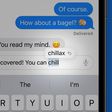
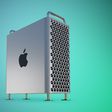

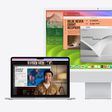

Top Rated Comments
OK, nothing to do with anything, just found it funny.
Their first mover advantage based on having already countless cars on the road gathering data is a de facto tax on the self driving space, thus stifling innovation.
There's Waymo's little 100 square mile beta, Tesla's national beta with 5K vehicles, and then nobody else.
Then there's widely released autonomy software. Tesla pretty handily leads there with 1M+ vehicles and I don't think anybody is even bothering to try saying they're in the same league as Tesla anymore (GM's Supercruise, Ford's Blue whatever, Nissan Pro-Pilot, and Audi Jam Assist)... they all used to say that they had something, and then it turned out that nobody could match Tesla's first iteration of Autopilot from 2014, nevermind what they're doing today.
GM Super Cruise is most definitely as advanced as Tesla.
Tesla is level 2 autonomous, no matter what Elon says. The "full self driving" is a farce.
There are no level 4 or level 5 autonomous systems out there.